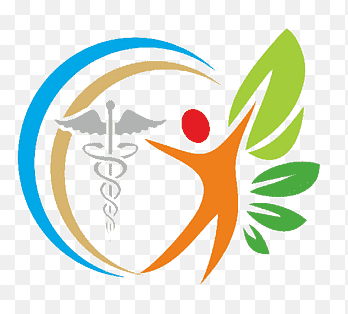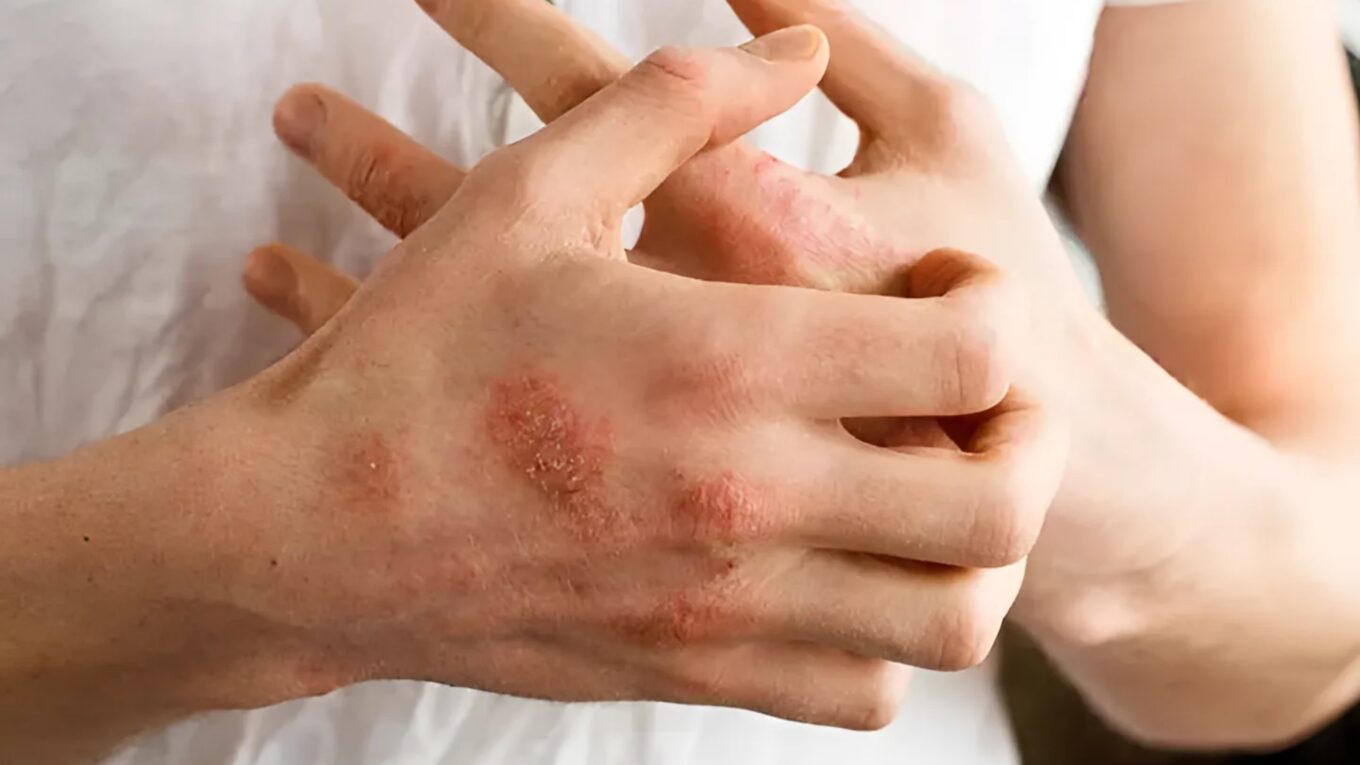Click here to Visit Facebook Page
Introduction:
Exploring Eczema, also known as atopic dermatitis, is a chronic inflammatory skin condition that affects millions of people worldwide, regardless of age or ethnicity. Its complex nature encompasses a spectrum of symptoms, triggers, and management strategies. In this comprehensive guide, we’ll delve into the intricacies of eczema, covering its causes, symptoms, diagnosis, prevention measures, and treatment options.
Click here to Visit Facebook Page
Understanding Eczema:
Eczema manifests as red, itchy, and inflamed patches of skin, often accompanied by dryness, scaling, and in severe cases, oozing or crusting. While the exact cause remains elusive, eczema is believed to result from a combination of genetic, environmental, and immune system factors.
Causes of Eczema:
1. Genetic Predisposition:
Individuals with a family history of eczema, asthma, or allergic rhinitis are at an increased risk of developing eczema, suggesting a genetic predisposition.
2. Immune System Dysfunction:
Abnormal immune responses, including heightened inflammation and compromised skin barrier function, play a pivotal role in eczema pathogenesis.
3. Environmental Triggers:
Exposure to allergens (such as pollen, pet dander, or dust mites), irritants (like harsh chemicals or detergents), and climatic conditions (such as dry air or extreme temperatures) can precipitate eczema flare-ups.
Click here to Visit Facebook Page
Symptoms of Eczema:
Eczema symptoms can vary in severity and presentation but often include:
1. Itching (Pruritus):
Persistent itching is a hallmark feature of eczema, leading to discomfort and sleep disturbances.
2. Redness and Inflammation:
Affected areas of the skin may appear red, swollen, and inflamed, signaling underlying inflammation.
3. Dryness and Scaling:
Eczema-prone skin tends to be dry, sensitive, and prone to scaling or flaking, exacerbating itchiness and discomfort.
4. Rash Formation:
Eczema rashes typically consist of small, raised bumps that may ooze, weep, or crust over with prolonged scratching.
5. Thickening of Skin (Lichenification):
Chronic inflammation and scratching can lead to the thickening and hardening of affected skin areas, altering their texture and appearance.
Click here to Visit Facebook Page
Diagnosis of Eczema:
Diagnosing eczema involves a comprehensive evaluation of medical history, symptoms, and physical examination findings. While no specific laboratory tests exist for eczema, healthcare providers may perform skin biopsies or patch testing to rule out other skin conditions and identify potential triggers.
Prevention Measures:
While eczema cannot be entirely prevented, adopting certain lifestyle modifications and skincare practices can help minimize flare-ups:
1. Hydration:
Maintaining optimal skin hydration through regular moisturization helps reinforce the skin barrier and reduce dryness.
2. Avoiding Triggers:
Identifying and avoiding potential triggers, such as allergens, irritants, and stressors, can help prevent eczema exacerbations.
3. Gentle Skincare:
Opting for fragrance-free, hypoallergenic skincare products and avoiding harsh soaps or detergents can reduce skin irritation and inflammation.
4. Climate Control:
Maintaining a comfortable indoor environment with moderate humidity levels can prevent excessive dryness or sweating, which can trigger eczema flare-ups.
Click here to Visit Facebook Page
Treatment Options:
Treatment for eczema aims to alleviate symptoms, reduce inflammation, and prevent flare-ups. Common treatment modalities include:
1. Topical Corticosteroids:
These anti-inflammatory creams or ointments help reduce itching and inflammation during eczema flare-ups.
2. Topical Calcineurin Inhibitors:
Immunomodulatory agents like tacrolimus or pimecrolimus are used to manage eczema, particularly in sensitive skin areas.
3. Moisturizers and Emollients:
Regular application of moisturizers helps hydrate the skin and strengthen the skin barrier, reducing dryness and itchiness.
4. Antihistamines:
Oral antihistamines may be prescribed to alleviate itching and promote restful sleep, especially during nighttime flare-ups.
5. Phototherapy:
Controlled exposure to ultraviolet (UV) light under medical supervision can help reduce inflammation and improve eczema symptoms in some individuals.
6. Systemic Medications:
In severe cases of eczema that do not respond to topical treatments, oral or injectable medications, such as corticosteroids, immunosuppressants, or biologics, may be prescribed.
Click here to Visit Facebook Page
In Conclusion:
Eczema is a multifaceted skin condition characterized by inflammation, itching, and skin barrier dysfunction. While it can pose challenges in management, a combination of preventive measures and targeted treatments can help individuals with eczema achieve better symptom control and improved quality of life. Consulting a healthcare provider for personalized guidance and treatment recommendations is crucial for effectively managing eczema and minimizing its impact on daily life.





